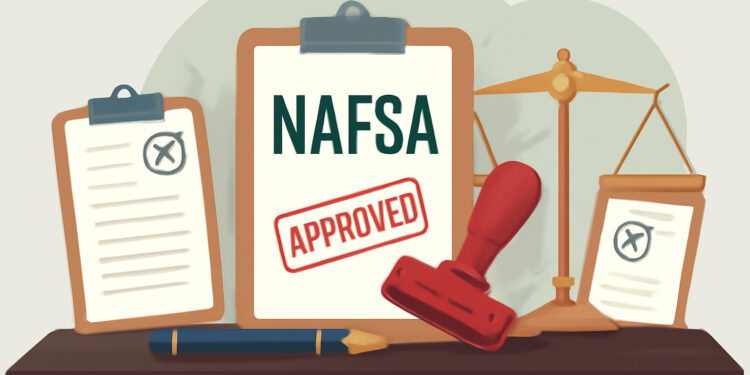The President of Pakistan has issued an ordinance to establish the National Agri-Trade and Food Safety Authority (NAFSA), a new body aimed at centralizing food safety and agricultural trade functions. The initiative consolidates the Department of Plant Protection (DPP) and the Animal Quarantine Department (AQD) into a single authority to enhance efficiency and regulatory coordination.
The ordinance, which is effective immediately, outlines NAFSA’s role as a corporate body headquartered in Islamabad, with the mandate to regulate sanitary and phytosanitary (SPS) measures nationwide. While some stakeholders see the move as a step toward streamlined oversight, others have expressed concerns about its constitutional alignment, particularly with respect to the 18th Amendment, which assigns food and agriculture responsibilities to the provinces.
Under the new framework, NAFSA will assume key responsibilities previously held by the DPP and AQD, including pest control, quarantine management, certification of imports and exports, and broader food safety regulation. Its formation reflects efforts to align Pakistan’s SPS standards with international trade requirements.
The authority’s governance will rest with a board chaired by an experienced professional appointed by the Prime Minister. The board will include representatives from federal ministries, provincial agriculture, food, and livestock departments, food safety experts, academics, and industry stakeholders. However, some experts have noted the absence of specialized qualifications like entomology or plant pathology in leadership criteria, suggesting it may impact the authority’s focus on biosecurity.
NAFSA will have the authority to accredit laboratories, oversee inter-provincial food trade, enforce national standards, and coordinate with provincial bodies. While the ordinance mandates cooperation with provinces, it also gives the federal body overarching decision-making powers in the event of disputes—an element that has prompted discussions about the balance of authority.
Each province currently operates its own food safety authority under separate legislation, including Punjab, Sindh, Khyber Pakhtunkhwa, and Balochistan. Some observers have suggested that parallel regulatory structures may cause overlap or increase compliance burdens on businesses, while others argue that harmonization will help meet global export standards.
The ordinance also includes provisions for outsourcing services, collecting fees, hiring experts, and securing funding through the federal budget and external sources. NAFSA will be subject to annual audits by the Auditor General of Pakistan.
While the government views the new authority as a modernization effort, legal analysts and sector stakeholders have called for broader consultation to ensure inclusivity, transparency, and alignment with existing constitutional provisions. Further discussions are expected as the provinces evaluate the ordinance’s implications and explore mechanisms for collaboration moving forward.

















